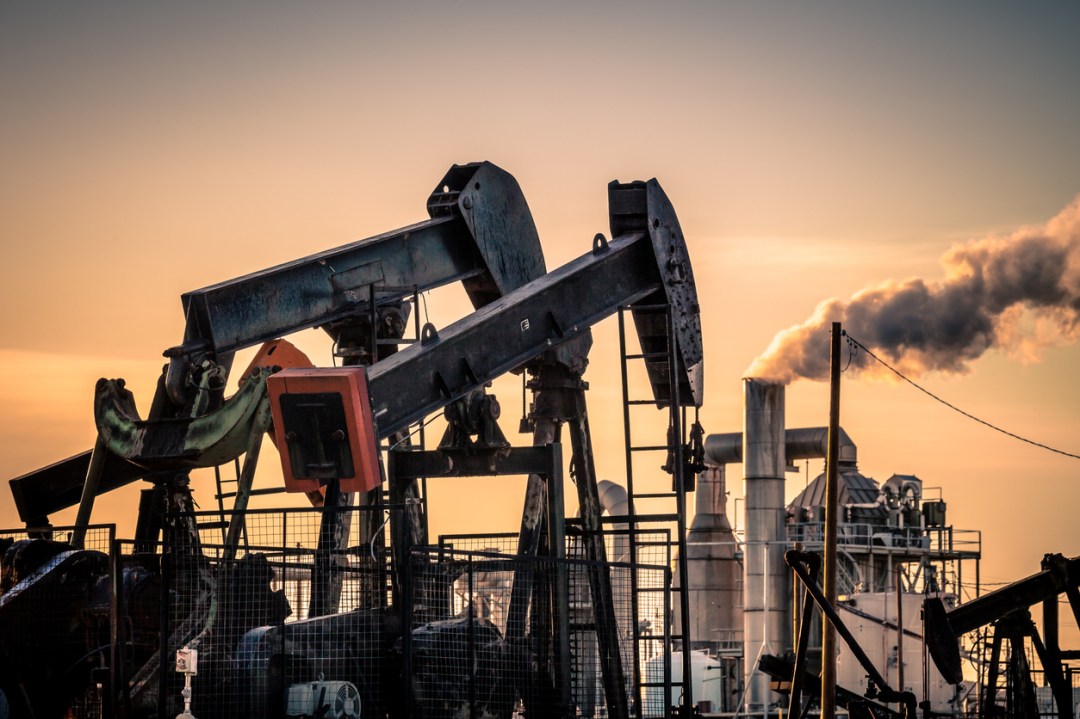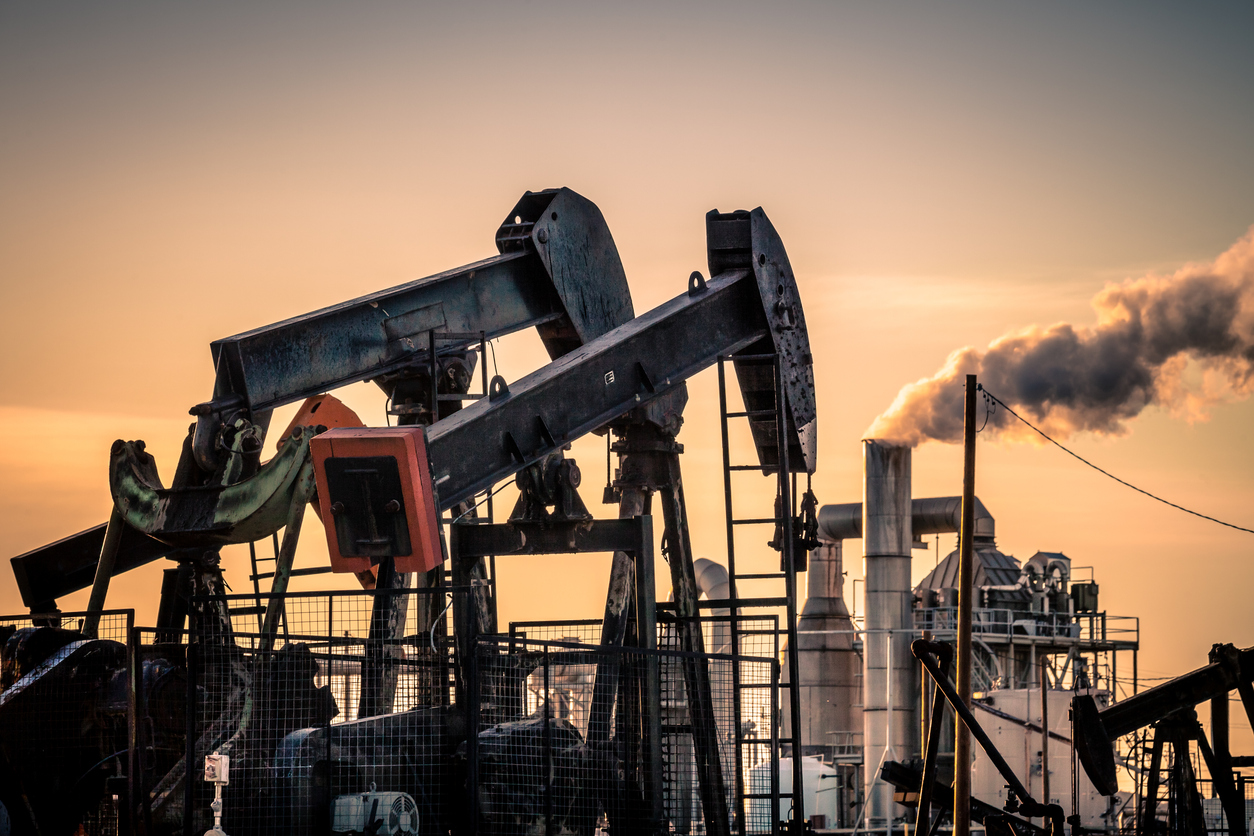If you want a laugh, I recommend an article which appeared in the March 1998 issue of Scientific American, ‘The End of Cheap Oil’. In it, oil geologists Colin J Campbell and Jean H Laherrere used terribly clever models to tell us that global oil production would peak around 2004-05, after which we would be trying to rely on an ever-dwindling, ever more expensive supply of oil, with huge consequences for the global economy.
Campbell was so sure of his thesis that three years later he formed the Association for the Study of Peak Oil, coining a new term which would be thrown about over the next couple of decades. ‘Peak Oil’ would later be adopted by climate campaigners to try to make the case that switching to renewables would not only help tackle global warming, it would save us money too because the price of oil could only go up.
Britain stands as something of an outlier in the speed of its determination to drive fossil fuels out of its economy
How is the thesis going? Not well. Not only did oil production fail to fall away after 2004-05, it seems to have recovered from its pandemic slump, too. In its latest Oil Report the International Energy Agency (IEA) projects that oil consumption over the course of 2023 will rise by 2.2 million barrels per day (mp/d) to reach 102.1 mb/d, overtaking 2019 and setting a new record. Oil production, too, is close to an all-time high, although a cut back by Saudi Arabia this month has taken the edge off the figures.
The continued rise in global oil consumption may come as a surprise to many in this country, where we are continuously spun platitudes such as ‘Britain is falling behind in the race to net zero’. What race? There is plenty of investment worldwide in renewable energy, electric cars and many other things – and it is true that Britain is falling behind in many of those markets. But Britain stands as something of an outlier in the speed of its determination to drive fossil fuels out of its economy.
Take Norway. It leads the world in the adoption of electric cars, installation of heat pumps and also electricity – 98 per cent of which comes from hydro and other renewables. In those senses it is the country that our government wants us to be. Yet last month the Norwegian government approved an $18 billion investment programme by the state oil company to develop 19 new oil and gas fields. Why? Because it can see that for all the attractions of green energy, oil and gas are going to form a vital part of global energy infrastructure for decades to come. Few countries, after all, have the hydro-electric potential and low population density which allowed Norway to develop those industries long before anyone was talking about climate change. And it is not just energy, either. Hydrocarbons from oil wells are the source of the vast majority of plastics manufactured in the world, as well as fertilisers and many other things.
Nor is continued oil and gas production necessarily at odds with eliminating – or at least seriously curtailing – carbon emissions. Carbon capture might be an immature technology (at least when used for the routine removal of large quantities of carbon dioxide from power stations or plain air). But then many of the technologies we’ll need to come anywhere close to net zero are currently at an immature, experimental or even theoretical stage. If carbon capture were to pull ahead of some of the other technologies then much of the objection to continued oil and gas production would disappear.
Investing in new oil production then isn’t about putting your head in the sand, as divestment activists like to try to make out. It exploits short-term need as well as offering a longer-term hedge. What if green hydrogen never comes off? Then maybe blue hydrogen (which is made from natural gas, with carbon capture and storage) will take off instead. What if battery technology fails to achieve the great breakthrough many hope for? Maybe it will prove cheaper to balance the grid not with energy storage but by keeping open the gas power stations, fitted with carbon capture and storage. It might not be a fully-clean, perfect solution, but then how many technologies are?
That is why the rest of the world continues to invest in new oil and gas – because it remains vital in the short term and because it is far from certain, even with efforts to eliminate carbon emissions, that the industry is doomed in the longer term. In Britain many might like to think that the age of oil is over (contrary to the obvious evidence that consumption has never been greater). But it is not an argument that resonates across the world.
By the way, the theory of peak oil didn’t quite originate in 1998. The geologist M. King Hubbert wrote a very similar paper in 1956, predicting that US oil production would peak in 1970. At first he appeared to be right – until it took off again in the 1990s. In fact, people have been warning about peak oil almost since we had a large-scale oil industry. It has become like Malthus’s prediction of peak food production – a graveyard for forecasters.








Comments